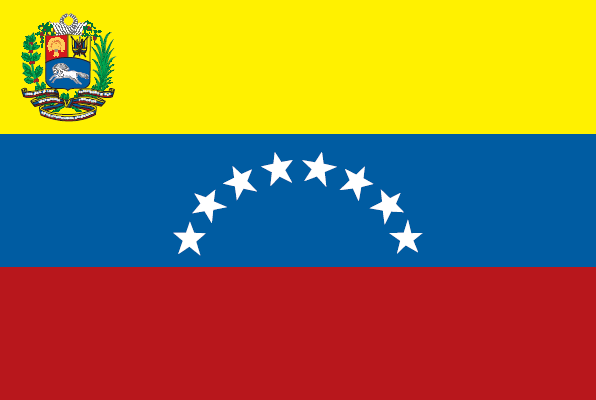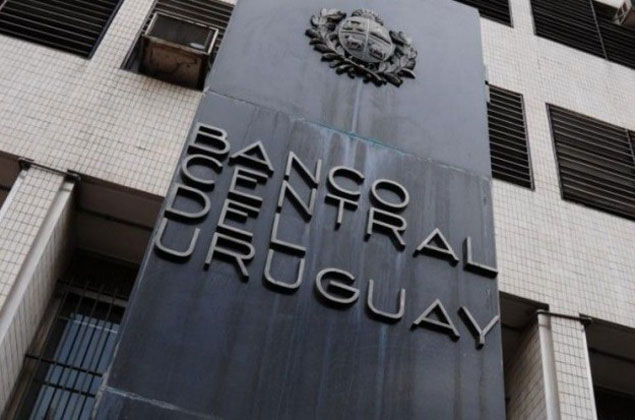Data is rapidly becoming the most valuable commodity around. Enterprise-level companies have embraced data analytics for sales, market analysis and customer retention, among other things.
But with the rush to big data, a deeper philosophical question arises. Who owns the data that companies access and use for monetizing industries? Do the consumers who create the data own the data or do the platforms used for the data own the data?
Data creators like photographers, writers and 3D image developers are seeking new and helpful ways to monetize data. At the same time, consumers want some control over what data is made public and getting a stake in what their public data is selling for.
Blockchain for creators
Blockchain technology is a distributed ledger database, meaning that information can be placed on the database and stored or distributed to all those within the database as well.
This distributed system contains a series of profound benefits for the financial security, as well as for data sharing. Some companies have felt the underlying push by creators to be able to share and sell their content to other users freely, without the control of centralized hubs.
Companies like Facebook, Twitter, Instagram and Google take the work that is uploaded to them and use it to increase membership, and therefore increase profit. Creators are left with a pittance, only able to monetize content through ad schemes on the respective sites, or through difficult data channels.
However, Blockchain technology creates a system where creators of content are able to sell that content directly to buyers without the intervention of a centralized corporation. Rather than hubs taking the bulk of the funds because of the service they provide, the creator is able to receive the full value of their content. Effectively, the managerial hub is being outsourced to Blockchain technology.
The power of this system should be evident. Companies like Cappasity, for example, are able to create databases of 3D images useful for VR and online retailers. Rather than having to pay Google or a corporate conglomerate who set their own prices and can refuse certain users, platform members are free to set prices and sell to whomever they like.
While the opportunity to monetize creative content has generally been out of the reach of creators, the distributed ledger system of Blockchain technology brings just such a system into the mainstream.
Blockchain for consumers
Beyond simply data for creators, Blockchain is also providing new and intriguing ways to monetize content for consumers. Data is incredibly valuable to businesses who are seeking to attract new customers or keep old ones.
The data that users produce every day, from social media to Internet of Things (IoT), and even data from wearable devices all have value. In fact, some analysts argue that the .7GB of data you potentially produce every day has value in the hundreds of dollars.
Of course, there is absolutely no way to monetize that data on traditional platforms, since the centralized corporations are already seeking to monetize the content for their own bottom line.
However, Blockchain technology allows both consumers and buyers to interact over personal data in a monetized way. The peer-to-peer network system of Blockchain technology provides a platform where data can be sold and bought privately.
Many companies are already building this style of data control mechanism, creating a system where users can funnel all personal data into a single decentralized ledger, and from there, choose which data to sell to data buyers within the platform. Roger Haenni, cofounder and CEO at Datum, a personal data marketplace, said:
“Blockchain technology allows for secure storage of data in a trustless and decentralized manner, where individuals own the keys to their own data, outside the control of any large entity…this allows, for the first time, to create a decentralized data storage network that allows anyone to monetize their data without being controlled by one single actor.”
While at first glance, this would seem to run contrary to demand among buyers, it is important to remember that buyers are already paying for data – and paying a lot. Platforms like this would allow them to continue to buy, but to do so with consumers directly, and probably for far less overall.
Just a foot in the door
While these solutions seem cutting edge, the reality is that we have only just begun to learn about ways that the genius of Blockchain technology can be put to use for data control and monetization. Unquestionably, new applications and systems will continue to arise, creating more and better ways for individuals to take control of the data they create and produce.









